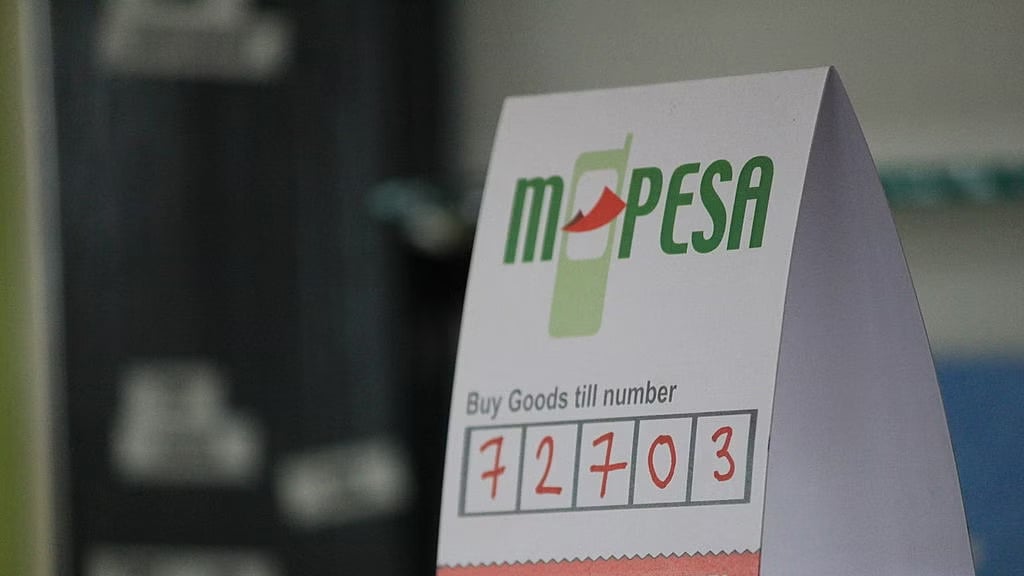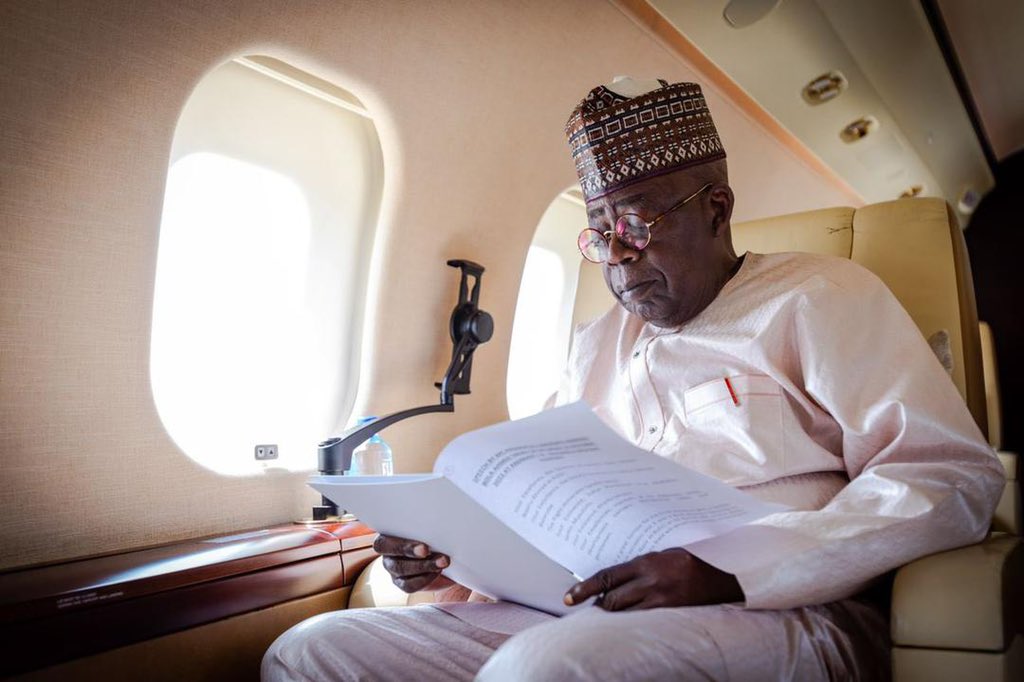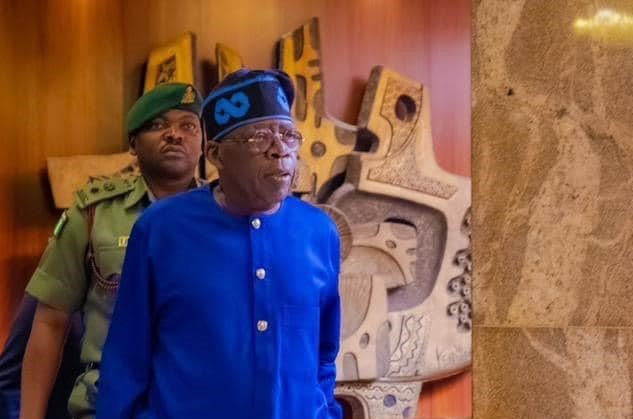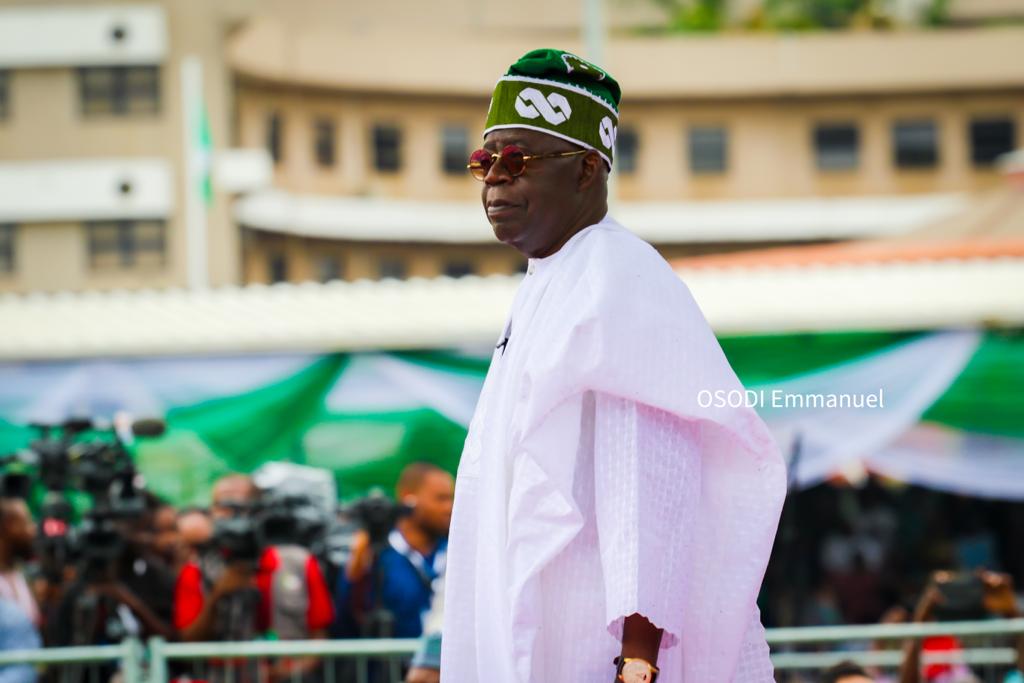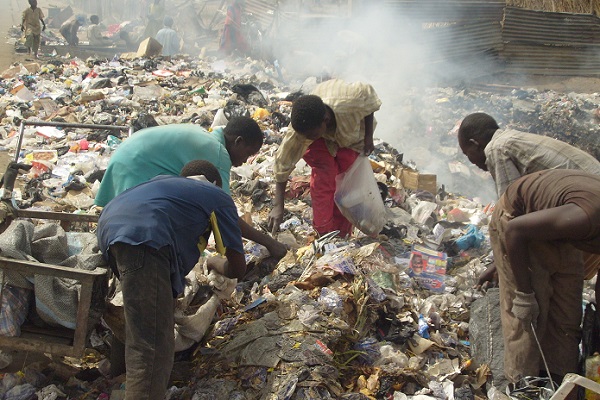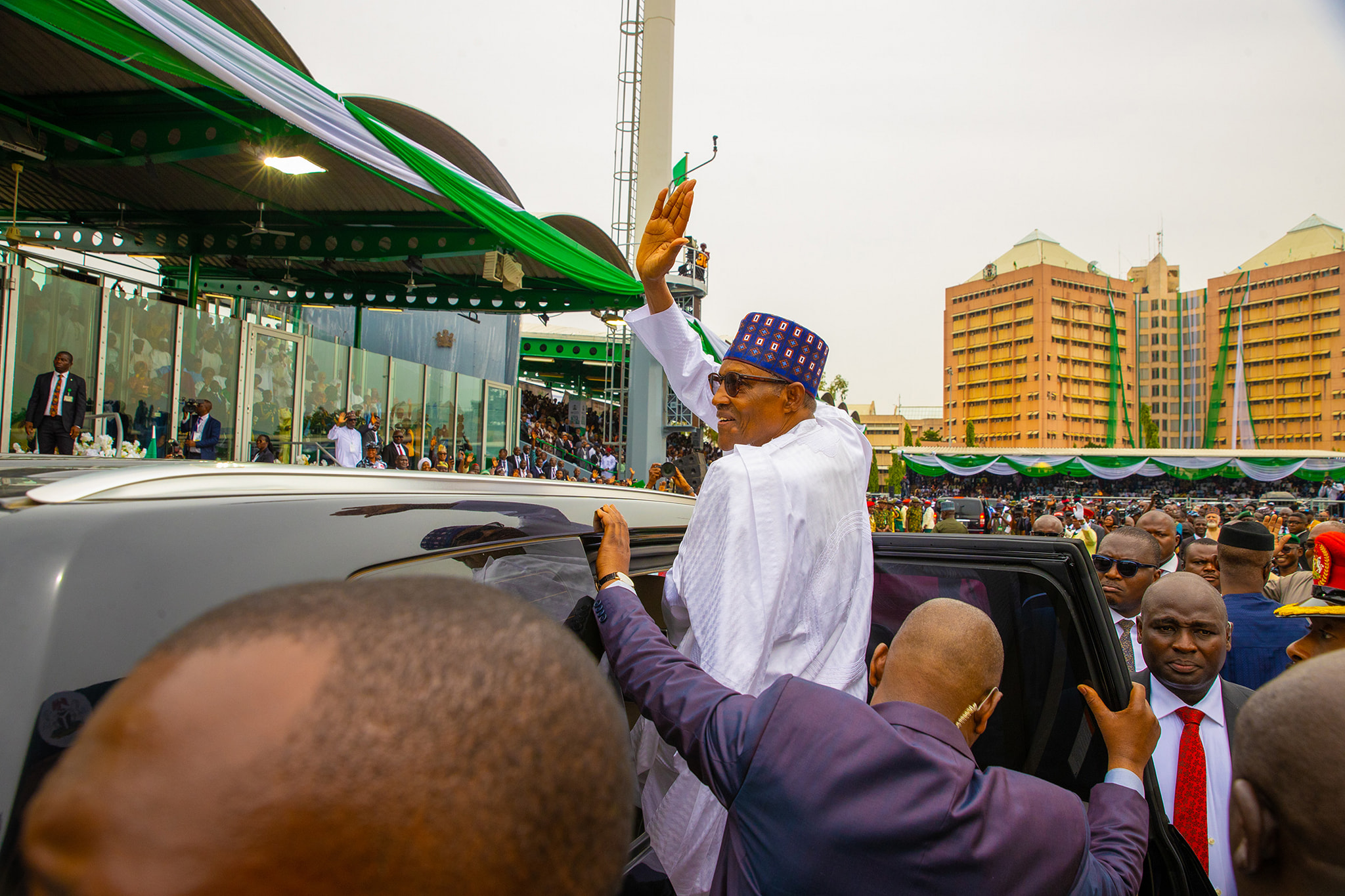In Kenya, they have had this M-PESA innovation in payment systems which makes it easy for commerce especially at the micro level. This innovation has been around since 2007 and has helped greatly in financial and economic inclusion by enabling the poorest of the poor to get finances through transfers and remittances, but most importantly for their trades. M-PESA (which stands for M for Mobile, and Pesa for the Swahili word for money or payment) must have lifted many millions from abject poverty.
They don’t have to enter the snazzy offices of local banks to get involved in commerce. They are also enabled to avoid many banking fees. This is technological enablement, and it is remarkable that it has been on for 16 years in East Africa. Nigeria is only recently trying to play catch-up with those accounts where your phone number is also your account number. People here still go through many difficulties making simple payments here and we have only recently passed through an incredibly difficult time with some experiments by our apex bank to get people to adopt electronic payment by force.
In Kenya, I found something different. Totally different. You can withdraw up to 40,000 Kenyan Shillings in a single withdrawal at any automated teller machine (ATM). This is like N220,000. And you can do that several times daily. So, through ATMs, you can withdraw at least an equivalent of about N1 million a day but most people don’t use cash. Cash has become an oddity even for the poorest. It’s unlikely a taxi driver will find change for you if you hand him cash. So there comes M-PESA. Once you get a Safaricom sim card you can load money on it from your local account or with cash. It makes your life easier on the streets. Banana sellers and street vendors use M-PESA. It’s so quick and easy. The confirmation text arrives immediately. Click on the app, click send money, add your phone number and amount, add your four-digit password and boom! It is done. 20 seconds inside traffic. Even beggars in front of the malls remind you they take MPESA.
And M-PESA is used in the entire East Africa. They’ve somehow been able to extend its use up to Pakistan and Bangladesh, as well as southern African countries like Zambia, Malawi, and Botswana. All you need to send a daily maximum of 200,000 Kenyan Shillings (close to N1.2 million if you use our street rates) to a friend or business partner for any purpose, is that app, and 20 seconds. I can imagine the velocity of transactions in that region and the financial, economic and market integration. The cooperation in that region is palpable, especially with a few countries like Uganda and Rwanda being landlocked yet they clear their goods seamlessly and the economies are growing.
Advertisement
Now, I have passed through many agonies trying to make payments to people in Ghana for instance. That is our sister anglophone country in Africa. Forget trying to make payments to francophone countries in West Africa. Forget places like Sierra Leone or Liberia or The Gambia where they also speak English. Forget next door in Niger, Chad, Cameroon or Benin. You have to go through the black market/illegal channels and you are seriously on your own if anything goes wrong. I don’t know if Moniepoint, Palmpay, Opay and the rest who have come up in Nigeria now have cross-border capabilities. I doubt. These things take deliberateness and mindful planning and cooperation. The last time, I was running around Ecobank trying to make a payment in Ghana…with no luck. I once had to send Western Union from London to Ghana to a Nigerian friend at great cost when I could have used something akin to M-PESA.
West Africa is lagging behind the world on most indices. And Nigeria is a major factor in that lag. We need to step up and do more. If francophone countries are not cooperating, let us talk with anglophone countries. East Africans are surging ahead. I looked at Nigerian banks in Kenya…UBA, GT, Access etc.. and they looked like fish out of water. They have little business in Kenya. I doubt if they are growing too. The Kenyan financial market is far more developed than ours. Kenya is leveraging on tech development for its financial sector and they have about 30 local banks and 20 foreign banks including those from India such as Bank of Baroda and Bank of India, ABSA and FirstRand from South Africa, Standard Chartered from the UK, Bank of Kigali from Rwanda, Bank of China, Dubai Islamic Bank, Citibank, JPMorgan, Habib Bank Zurich and others.
Nigeria’s financial sector had better take urgent notice and wake up. Our banks should also ensure that they are not stymieing innovations because of short-term dominance. The Central Bank of Nigeria should also ensure it does serious research within Africa before solidifying some of its policies. East Africa has a lot to teach us. No wonder I felt the economic buzz in Kenya. I felt immediately that they had built a resilient economy that was including the poorest of the poor. No nation is perfect by the way.
Advertisement
Fun fact. I saw one ATM that disbursed US dollar at Sarit Centre. It belongs to I&M Bank. I was like ‘impossible’. That dollar part of the ATM will be empty. I tried it though. And I was wrong. Lo and behold the thing worked! People could withdraw $2,000 at a go, or more. Honestly, I was shocked. You couldn’t even do this in the UAE or UK! I asked myself ‘how come Kenyans aren’t queueing up emptying the dollars’? They simply are not interested. Kenyans know their place and are working upward gradually but surely. Not even the inherent but subtle racism and tribalism in their system can stop them.
So, I see it as a great favour when Uhuru Kenyatta comes here to share his experience. Here, we don’t know our places. Everybody is a big man. Kenyans are corrupt but they keep their money in their country. Here we are totally externalised in our thinking. It starts with thinking it’s an achievement to send your children to nursery schools abroad, or to ‘japa’ and live there. Young and old, we hold our country in disdain. Our governments have serious faults. But so do we the people. I saw that like in Europe, Morocco or Rwanda, most of the cars on Kenyan streets are small 1.3litre engine cars; cars that many Nigerians will never be caught dead driving. We usually have a derogatory name or another for such cars.
Fun fact number 2. Petrol sells for 182.5 shillings. Higher-grade shell sells for 190 shillings. If 137 shillings equals one US Dollar, and 760 naira equals $1, then multiply 182.5 by 5.55. That is N1,012 per litre for petrol. I wondered how they survive it, but they do. Your Uber/Bolt is likely to veer off into the next filling station without even asking you to buy just five litres of petrol and then move on.
Back to the question? Where is West Africa’s M-PESA? What is all the gragra about our smart bankers? Is Nigerian banking stuck in the past? Perhaps endangered? No wonder it was easy for the Kenyan Central Bank to single out and slam some of our fintech companies for alleged money laundering. Their system is just quite advanced out East, and surveillance is sharp. We need to really wake up. Who will bell the cat?
Advertisement
Views expressed by contributors are strictly personal and not of TheCable.
Add a comment

